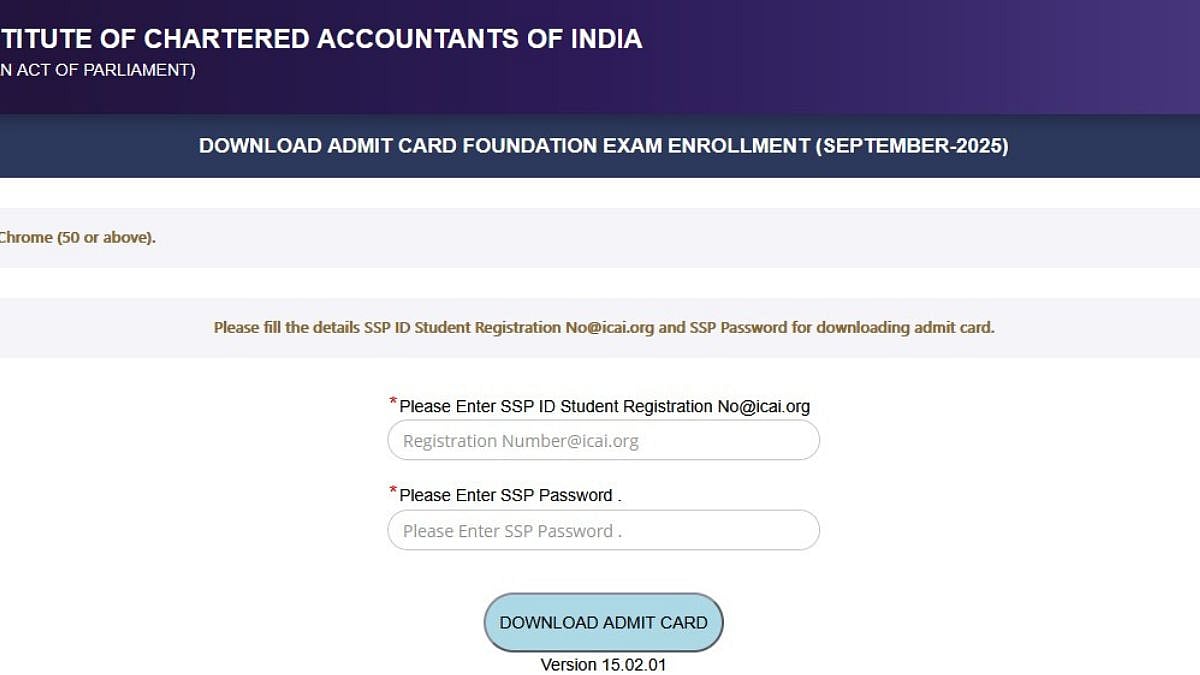In the last few years, the world has been fed with plenty of statistics tracking the percentage of women in the workforce, their qualifications, salaries and the number of higher positions they secure. That data doesn’t, however, show the complete picture. None of the data captures how they feel, how they fare at the workplace and the daily challenges they face.
The latest report on ‘Women in the Workplace’ from McKinsey & Co. and LeanIn.Org states that women in leadership roles face higher stress resulting in job burnout. Another survey by LinkedIn shows that nearly half of all working women in India reported experiencing burnout, compared to 41% of men. Among women, those in senior roles are particularly vulnerable, with 60% experiencing burnout, which indicates the gender burnout gap.
Research has shown that women in senior positions are at a higher risk of burnout due to the multiple roles and responsibilities they juggle. This is compounded by the persistent gender roles and stereotypes in Indian society, which place greater expectations on women to be caretakers and homemakers, too.
Not able to break the ceiling
Both reports show that women leave their jobs for more fulfilling work in unprecedented numbers. Mumbai-based Anuja Rane, vice president at one of the top international firms in India, says her position comes with a lot of responsibilities and data handling, which at times becomes stressful. “Work is never an issue but the demands of the client are never-ending. As a business head, I have to deliver on the deadline but there’s a lot of dependency on the other staff members and several unprecedented challenges. The stress of ‘what if it’s not done on time’ is way too much and that leads me to work even on my days off,” said Rane, who hasn’t taken a holiday in the last four years.
Shilpee Surana, a chartered accountant and senior manager with a corporate firm, feels cheated as an employee and “terrible” as a mother for not being able to spend time with her child. She said, “More than meeting deadlines, I am constantly worried about my promotion. I have been asking for a raise and a promotion for the last three years. I am a single mother and have been working without any breaks and want to take some time off to spend time with my four-year-old child.”
Juggling leadership and ideologies
Working in a competitive environment, with a colossal number of people and a variety of not-so-similar mindsets, is an exigent task for all genders. But former information systems manager at a multinational company in Pune, Mudrika Pate’s aspirations to succeed were as strong as any male colleague. The initial challenges didn’t affect her much. “When my ambitions and relentless efforts were suppressed by judgmental comments, low expectations, and unfair advantage, I left. I felt my leadership ethos failed when my team didn’t cherish and support my decisions. The repeated coercion to perform to others’ expectations and against my belief system soon felt depressing. There were insecurities, needless and redundant comparisons, and unreal expectations,” said Pate.
Although the vast majority of companies now have diversity, equity, and inclusion as part of their overall corporate goals, most of them have moved on to a set of initiatives to respond to that. Disproportionately, women leaders stepped in to carry that weight and move those initiatives forward. Komal Bhatiya, like Surana, lost interest in her job owing to non flexibility and extra working hours that her leadership role demands.
Over-expectations and midlife crisis
Counselling psychologist Meghna Sawant is of the opinion that women in higher positions often feel burnt out due to over-expectations and constant reminders of their leadership responsibilities by their seniors. She also points out that apart from the gender gap, promotion issues and work-life balance, hormonal changes, too, can affect their response to certain situations.
“Constant demands by superiors, despite their good work, can also lead them to burn out. External factors like their personal life, physical and mental health can also be reasons, leading to feelings of quitting and taking a break,” she said, adding that burnout can lead to reduced productivity, and higher absenteeism.
Managing burnout
Delegate tasks: Women in senior positions should not be expected to do everything themselves, but instead, learn to delegate tasks to team members or hire additional help at home.
Practising self-care: is essential to prevent burnout. Prioritise your physical and mental health by engaging in activities that help you relax and recharge, such as exercise, meditation, or hobbies. Make sure you get enough sleep, eat a healthy diet, and take regular breaks throughout the day.
Seeking support: is also crucial to managing burnout. Women in senior positions can benefit from a network of colleagues, friends, and family who can offer emotional support and practical assistance. Consider seeking professional help if you are experiencing severe symptoms of burnout, such as depression or anxiety.
Communicate with bosses to ensure that your workload is manageable and realistic: It is important to negotiate your working hours, set clear expectations, and ask for feedback and support when needed. This will help you avoid taking on too much responsibility and prevent burnout.











